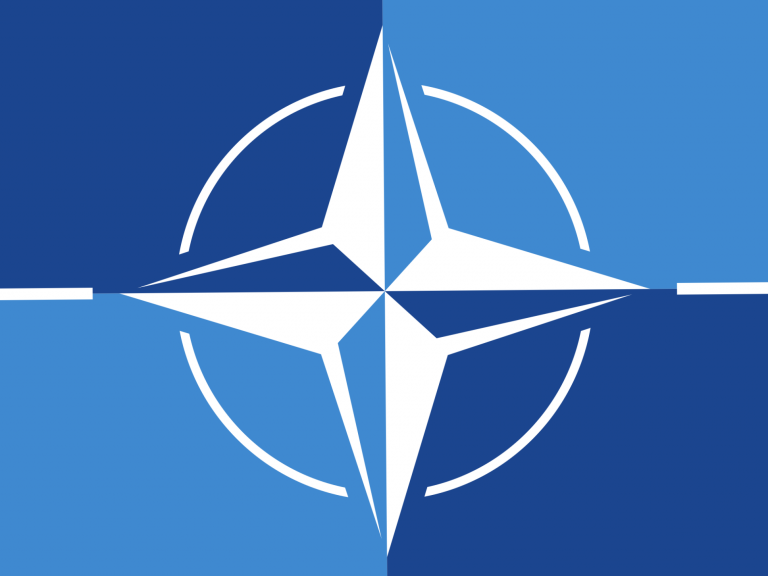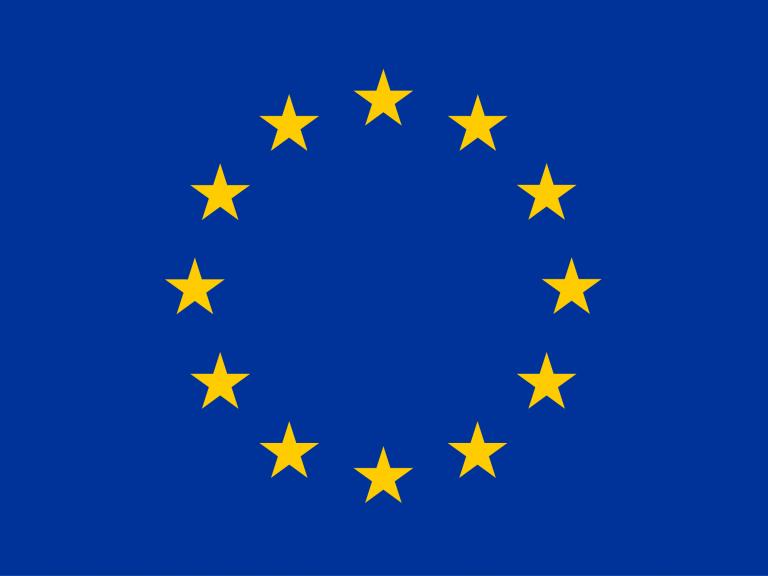-
Last updated on
The size of our armed forces means we cannot send large contingents everywhere. However, by assuming command, observation and liaison duties, we try all the same to respond whenever possible to situations in the world’s hot spots.
In recent years we have made much more use of civil tools (police, civil protection, courts) for crisis management, including security issues.
The following peace operations with Belgian participation are distinguished:
- in the UN context;
- in the NATO context;
- in the EU context;
- in the OSCE context.
In the UN context
Peacekeeping operations (PKO) are the most well-known and visible missions of the United Nations, and play a key role in the peaceful resolution of conflicts across the world.

Three principles are borne in mind here:
- consent of the parties;
- impartiality;
- non-use of force, except in cases of legal self-defence or defence of the mandate.
Since the first peacekeeping missions in 1948, the mandate has been further refined and more keenly aligned to the ever-growing complexity of the crises that the UN has had to tackle, such as civil wars, jihadist terrorism and armed factions. These gradually became multidimensional missions. A PKO is not only composed of military personnel (the well-known Blue Helmets), but of police officers and citizens too, so as to be able to provide a response to all the challenges on the ground.
Belgium has generally been involved in peacekeeping operations since 1948. In the past, our country has contributed to PKOs in Somalia, Rwanda, Lebanon and Sudan. At present, Belgium is deploying servicewomen and -men and experts in Mali (MINUSMA), in the Democratic Republic of Congo (MONUSCO) and in the Middle East (UNTSO).
During its mandate on the Security Council (2019-2020), Belgium devoted particular attention to the following points:
-
- protection of civilians;
- mandates that are understood and accepted by the local population;
- seeking political solutions and privileged coordination with actors who are able to build regional support;
- readable and realistic mandates that take account of operational limitations, particularly the willingness of countries to make troops and police officers available.
- making available sufficient financial and operational resources;
- effective synergy between different "pillars" of a mission;
- effective interaction between the PKO and the other actors in the area (regional missions, international troops such as EU-led missions, other UN players, etc.);
- the contribution made by PKOs to our wider diplomatic aims, such as respect for human rights and international humanitarian law and protection of children in conflicts, and a transition towards societies that live in peace.
Belgium also supports the ‘Action for Peacekeeping’ (A4P) initiative created in 2018 by Secretary-General António Guterres in order to make the United Nations' peacekeeping more efficient and to adapt it to the new situations that arise in the region.
You can find more information on peacekeeping missions here.
In the NATO context
More information about peace operations in the NATO context can be found on the official NATO website.
In the EU context
More information on EU peacekeeping operations can be found on the official website of the European External Action Service (EEAS).
In the OSCE context
For more information on the Special Monitoring Mission to Ukraine and the monitoring mission at the Russian checkpoints of Gukovo and Donetsk, please visit the official website of the Organisation for Security and Cooperation in Europe (OSCE).




